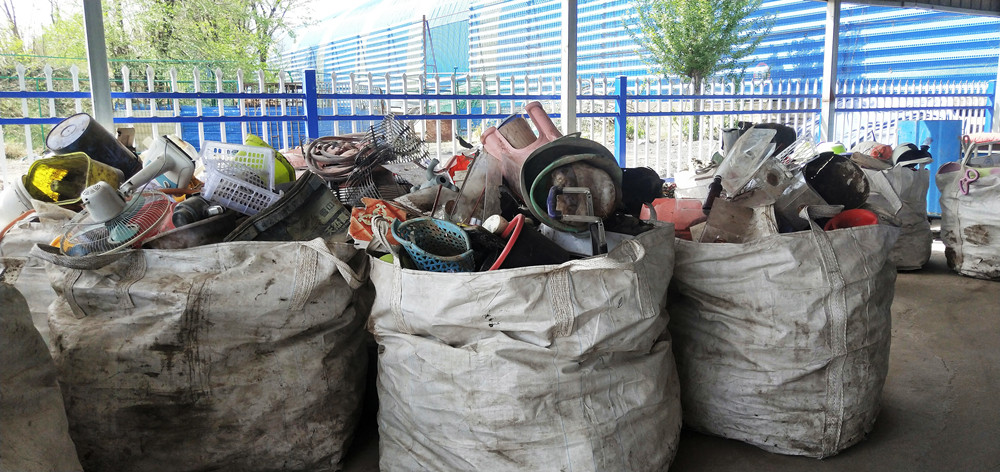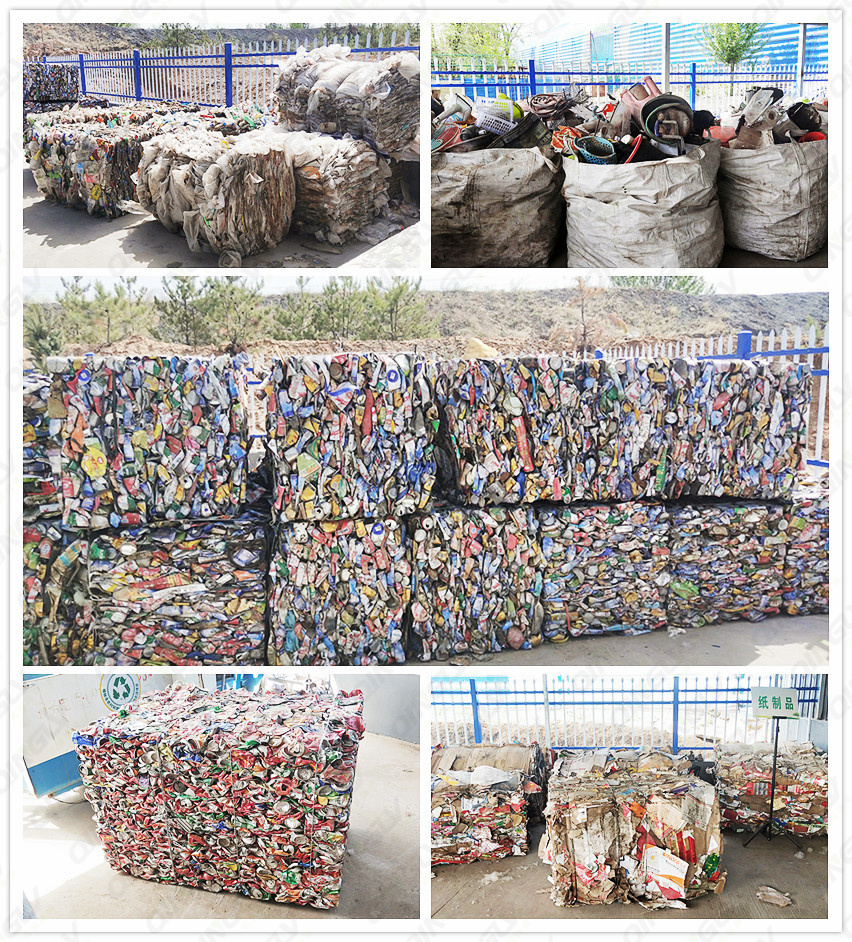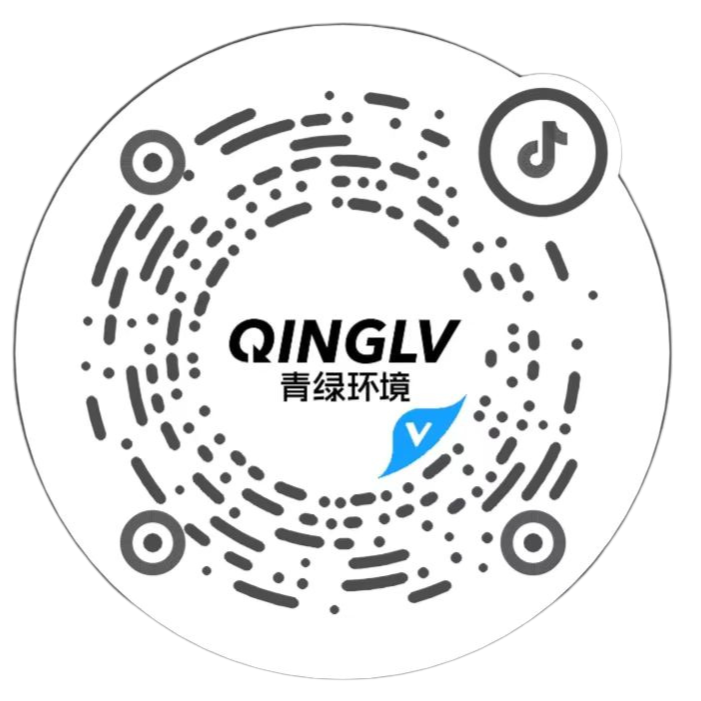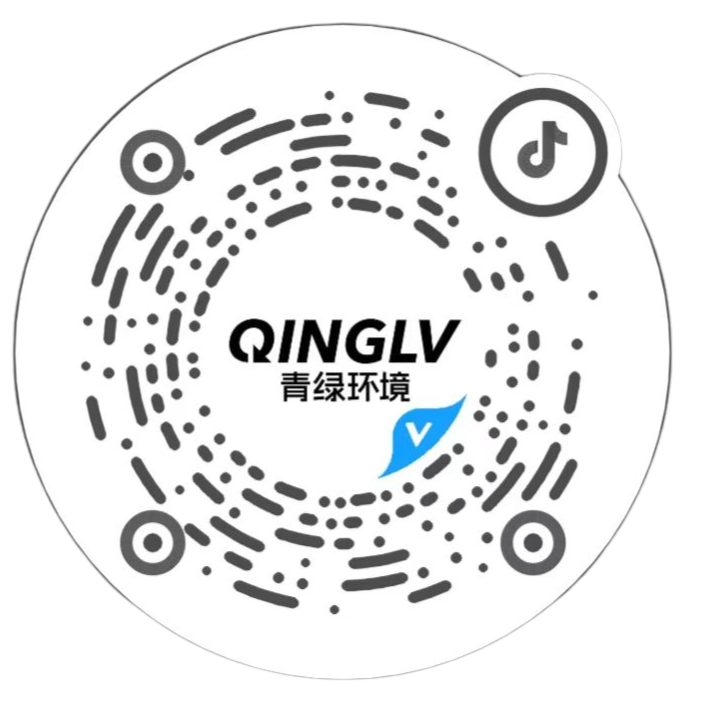 Time:2024-12-18
Time:2024-12-18
 Source:青绿环境
Source:青绿环境
With the acceleration of urbanization, the issue of urban domestic waste has become increasingly severe, posing a significant challenge to the sustainable development of cities. Therefore, implementing waste classification and resource utilization strategies has become an urgent matter. By adopting a circular economy model, we can not only efficiently recycle and reuse resources but also lay a solid foundation for creating a green and sustainable future.

Current Status of Urban Domestic Waste Management
With the acceleration of urbanization, the generation of urban domestic waste has increased dramatically, putting immense pressure on the environment. Currently, many cities still use traditional methods such as landfilling and incineration to handle waste. These methods, while temporarily alleviating the problem of waste accumulation, have many drawbacks in the long run. Landfilling occupies a large amount of land resources, and harmful substances in the waste may leach into the soil and groundwater, causing secondary pollution; incineration produces toxic gases such as dioxins, causing serious pollution to the atmospheric environment. Therefore, finding more environmentally friendly and sustainable waste management methods is imminent.
Environmental Protection: Through sorting, harmful waste can be specially treated to reduce its pollution to the environment; at the same time, recyclable materials can be recycled, reducing the consumption of new resources and helping to protect the ecological environment.
Resource Conservation: Many waste materials, especially metals, plastics, paper, etc., can be reused after sorting, which not only reduces the extraction of new resources but also reduces the environmental problems caused by waste landfilling and incineration.
Economic Benefits: Resource utilization not only creates economic value but also drives the development of related industries, such as the recycling and processing of renewable resources, injecting new vitality into urban economic development.
Social Benefits: It raises public awareness of environmental protection and promotes a good social practice of saving resources and protecting the environment.
Application of Domestic Waste Sorting Equipment
To achieve effective waste sorting and resource utilization, various advanced sorting equipment is widely used in the waste management process. These devices include magnetic separators, air classifiers, and optical-electrical sorters, which can accurately classify waste based on its physical properties (such as weight, magnetism, etc.) or chemical properties. For example, magnetic separators can separate metal materials from waste; air classifiers can divide waste into heavy and light fractions based on weight differences; and optical-electrical sorters can classify waste by recognizing its color and material.

In summary, the sorting and resource utilization of urban domestic waste is an effective way to solve the current waste management dilemma. It not only helps with environmental protection and resource conservation but also brings significant economic and social benefits. By widely applying advanced sorting equipment and technology, we can better achieve the resource utilization of waste and promote the green development of cities.













 Prev
Prev











